Efforts to liberate women from the subordination of men and to transform contemporary social, legal, economic and political structures are linked to Enlightenment ideas of individualism, justice, equal rights, etc. In the second half of the 19th century, associations for the emancipation of women gradually emerged in Central Europe. The first demands focus on the possibility of women’s expansion and access to all levels of education, including higher education (e.g. Vesna, Minerva). This is followed by activities in the field of employment with demands for women to be able to work in a wider range of professions and for equal working conditions and wages.
The hardest struggle is fought over political and civil rights, women have been allowed to vote and be elected after the First World War (see Františka Plamínková). Equal status for women in laws and in the constitutions is also a crucial part of women’s emancipation, but it will only be achieved in Central Europe around the middle of the twentieth century. Although formal rights and equal conditions for women are now guaranteed, there are still a number of structural barriers (e.g. gender stereotypes, glass ceiling) that prevent women from achieving emancipation and equality in society.
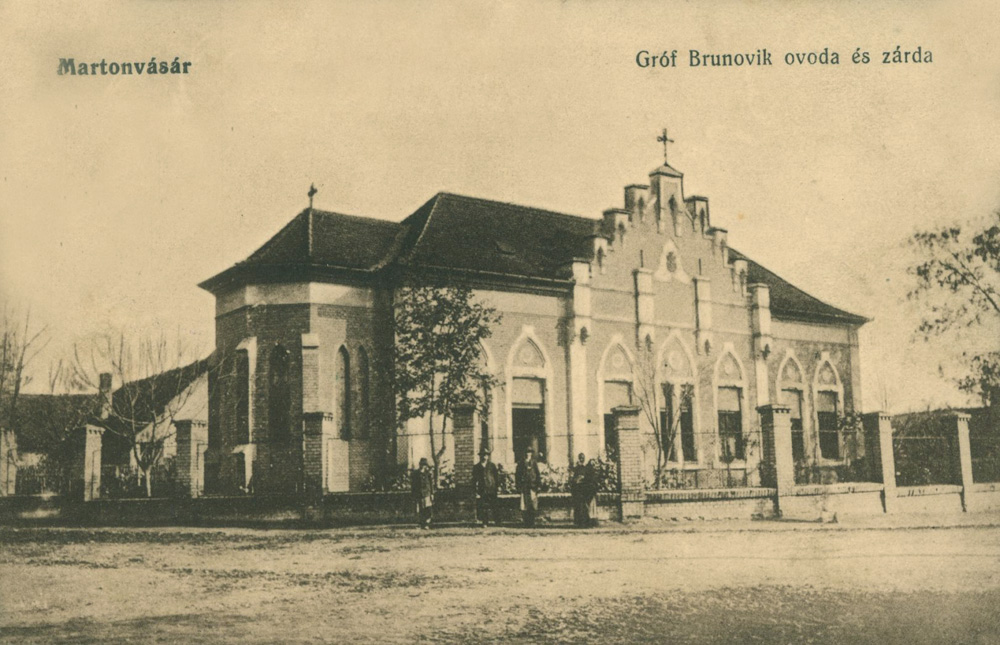
Terezia Brunszkvik and the First Hungarian Kindergarten – Martonvásár
Terezia Brunszvik, a pioneering figure in Hungarian education and the emancipation of women, made significant contributions to early childhood education by establishing the first Hungarian kindergarten in 1828 in Martonvásár. As a member of the Hungarian aristocracy, Brunszvik was highly educated and well-connected, which gave her the opportunity to travel extensively and become familiar with progressive educational ideas in Western Europe. Inspired by the work of Johann Heinrich Pestalozzi and Friedrich Fröbel, who were advocates of early childhood education and the importance of fostering children’s development through structured play and learning, Brunszvik sought to introduce these methods in Hungary.
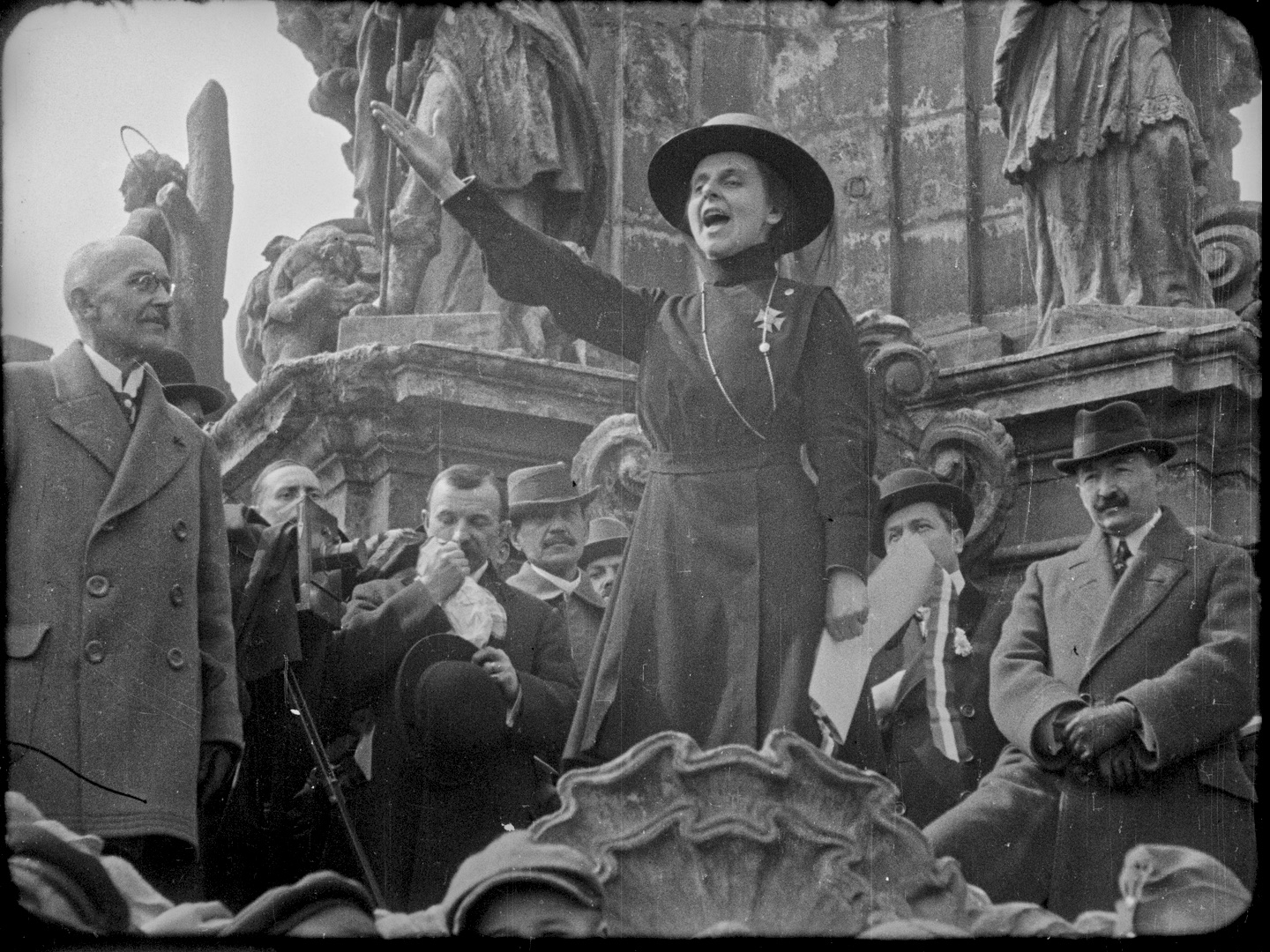
Margit Schlacta, the first woman to be elected to the Hungarian Parliament – Kassa (Kosice)
Margit Schlachta (1884–1974) was a trailblazer in Hungarian politics, becoming the first woman elected to the Hungarian Parliament in 1920. Born in Kassa (now Košice, Slovakia), Schlachta was a dedicated advocate for social reform, education, and women’s rights. Her life and career were deeply shaped by her Catholic faith, which guided her commitment to humanitarian work and social justice. As a key figure in the Hungarian women’s movement, Schlachta played an essential role in advancing the cause of women’s emancipation in the early 20th century, particularly in the areas of education, social welfare, and political participation.
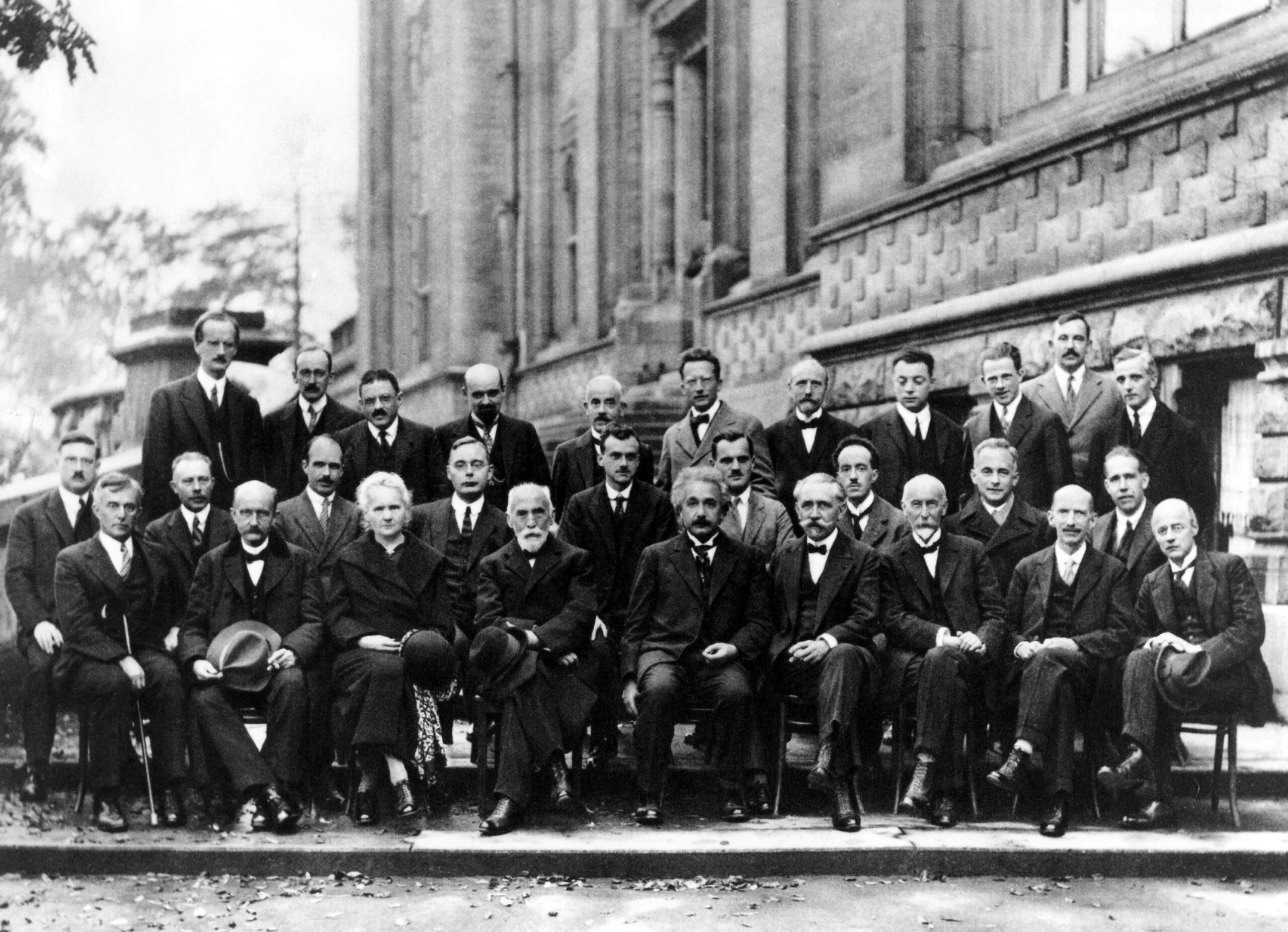
Polon and Rad – Maria Skłodowska-Curie – Lublin
Maria Skłodowska-Curie, a pioneering physicist and chemist, broke through the dense fabric of gender barriers in the late 19th and early 20th centuries. Leaving her native Congress Kingdom of Poland for France to pursue higher education—unavailable to women in her homeland—Curie’s journey was not just about personal ambition, but also a testament to the broader struggle for women’s rights and recognition in science.
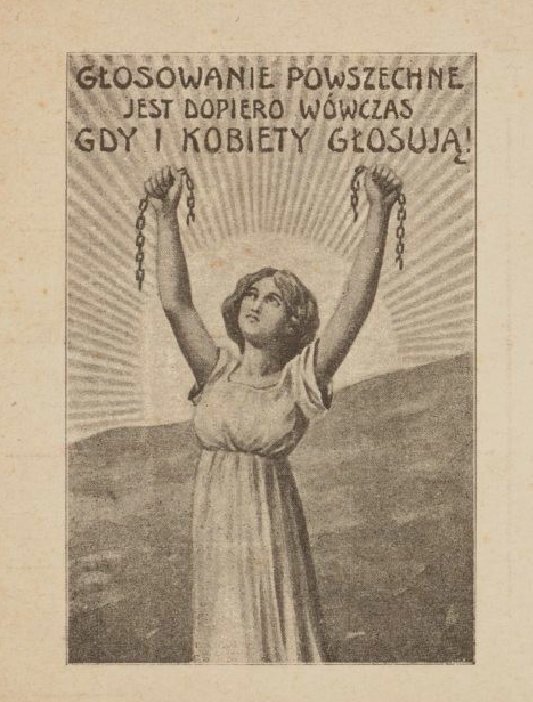
Women political rights in Poland – Warsaw
Polish women were among the first in Europe and the world to gain political rights. The Decree of the State, adopted on 26 November 1918, established universal suffrage, granting women full electoral rights, both active and passive. The situation was influenced by the regaining of independence following 123 years of living under the rule of occupant countries. Nevertheless, this was not the only factor. It was also the result of immense actions of women, carried out in a time and the circumstances that were hardly favorable to women’s movements and women’s activity in general.
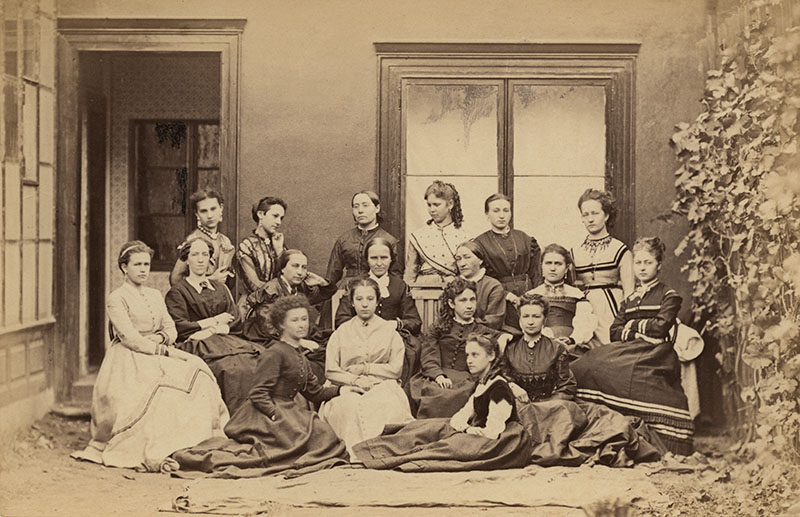
Women education in Czechia – Brno
The origins of women’s emancipation in the Czech lands are related to the national revival of the first half of the 19th century. Efforts to oppose Austrian rule and German culture substantially influenced the status of women. The maternal and educational role of women began to be viewed by patriots as vital for shaping the national direction of future generations. The women of the bourgeoisie, in particular, were a witness to brand new opportunities and became an integral part of the national movement. Particularly, cultural activities provided opportunities for female writers such as Božena Němcová, Eliška Krásnohorská or Karolína Světlá. These women were celebrated as “mothers of the nation” while simultaneously bringing in “female experience” and the issues of women’s status into the public domain.
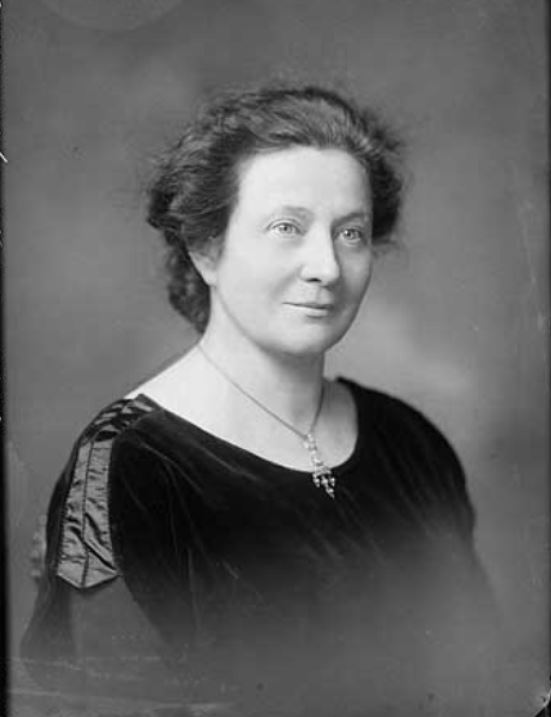
Suffrage movement – Prague
The political phase of women’s movement in the Czech lands commenced at the onset of the 20th century. The burning issue was, at the time, suffrage limited only to men. The demand for women’s suffrage was considered by the leaders of the emancipation movement as a crucial step in achieving gender equality. Before the First World War, T. G. Masaryk advocated for women’s emancipation in politics. With the foundation of the First Republic, the declaration of gender equality, that is the enfranchisement of women, was incorporated into the new constitution thanks to the efforts of T. G. Masaryk, fulfilling the fundamental demand of the movement.

